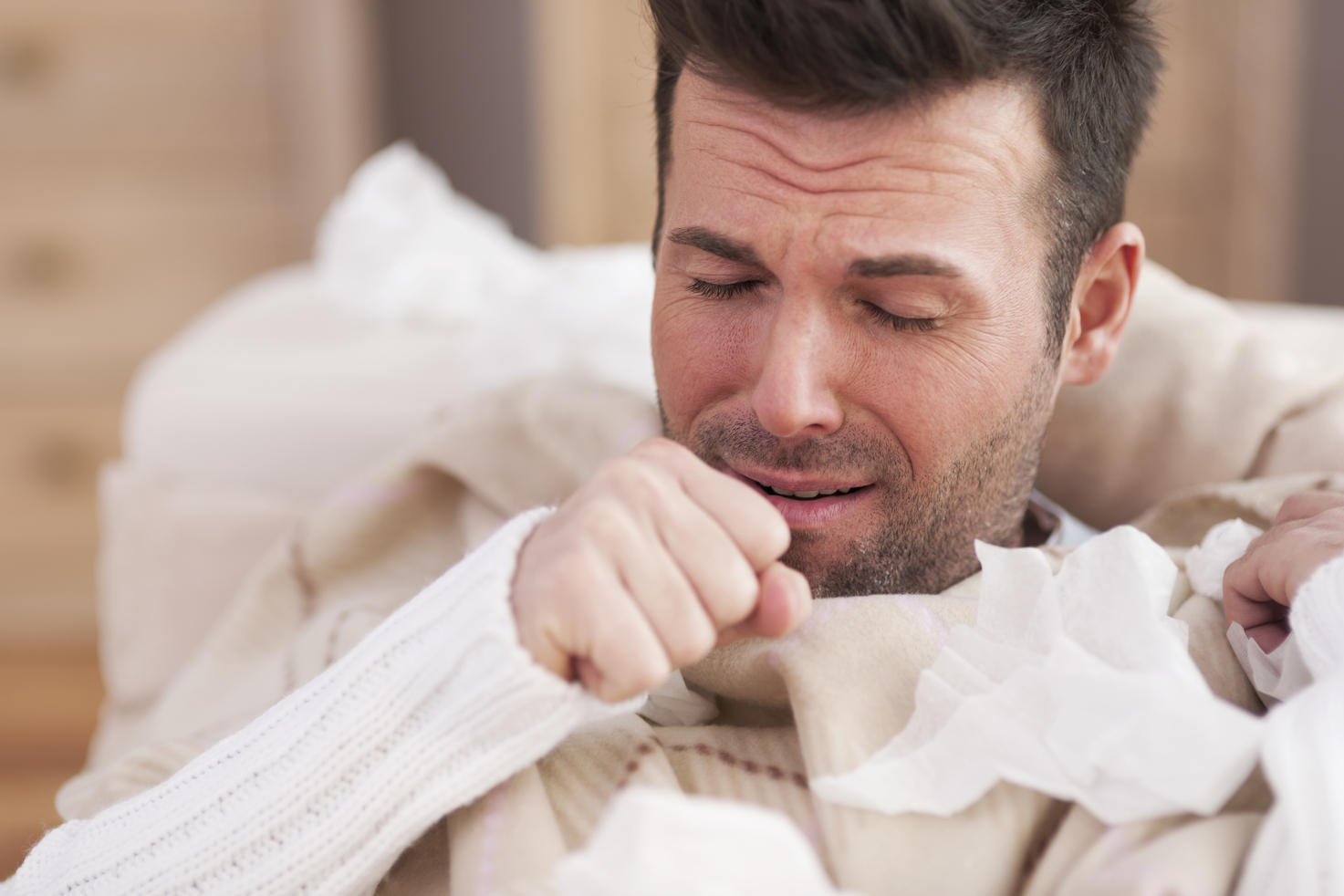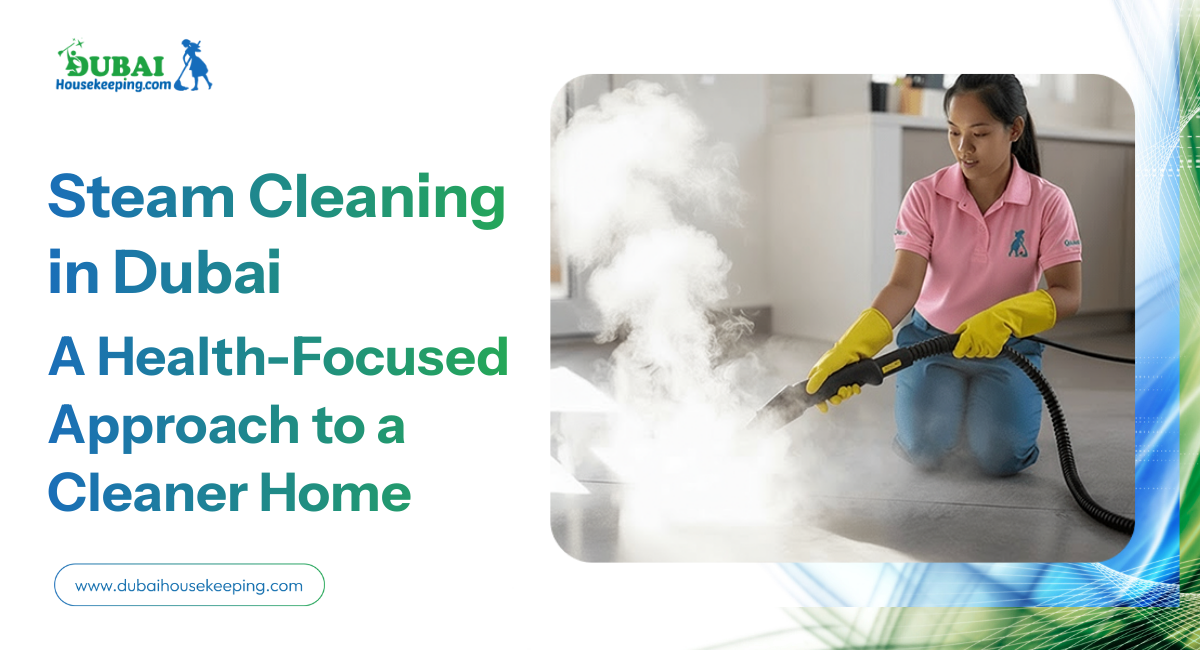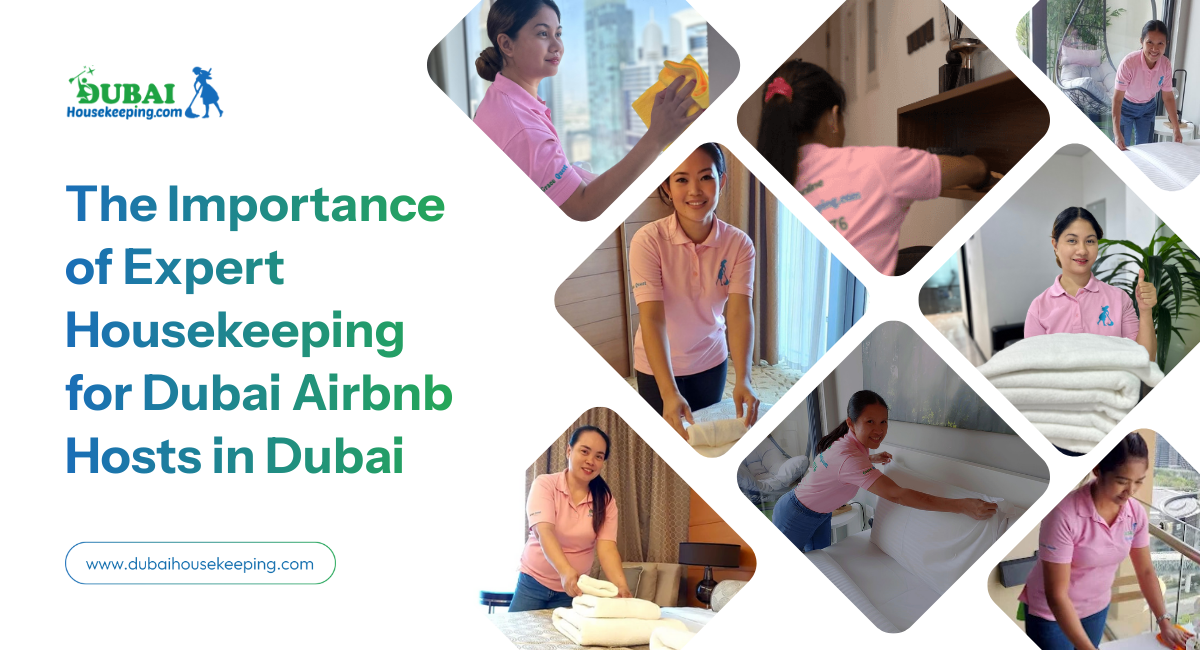Home Cleaning Tips to Ease Allergies
Like many, I deal with allergy for past several years and learnt much about it. When I came across an article by webmd on the topic, thought it is a good time to share this with you.
The latest surveys show that the rates of allergy are increasing throughout the world, affecting up to 30-35% of people at some stage in their lives. This increase was initially seen in countries such as the UK, Europe and USA, but can now be found in all countries undergoing industrial development. The pattern of allergy is also changing – initially, the increase was in asthma and allergic rhinitis (hay fever). However, recent studies have confirmed a significant increase in the incidence of food allergies, in particular amongst children. In the UK, it is estimated that up to 50% of children are diagnosed with an allergic condition.
What is Allergy?
Allergy is caused when the body’s immune system reacts to a normally harmless substance, such as pollen, food, or house dust mite. The body identifies the substance as a threat and produces an inappropriate, exaggerated response to it. What we are only beginning to understand is what tips the balance in favor of allergy. Researchers have suggested that a number of factors might cause someone to become allergic.
Regular house cleaning can get rid of many allergy triggers and help relieve your symptoms.
It helps to know some cleaning tips. Common mistakes – shampooing carpets or using heavily scented cleaners – could make your allergies worse, not better. Here are some ways to keep your house clean and your allergies under control.
-
Vacuum once or twice a week
Make sure your vacuum has A HEPA filter. Some allergens are so small that they pass right through a regular vacuum filter. That means that every time you vacuum, you could be sucking them off the floor and shooting them into the air, where you breathe them in.
-
Cut clutter
Piles of boxes or clothing can trap dust and hide allergens like dust mites and cockroaches.
-
Wear a mask when you clean
And when you’re done with your housework, leave the house for a few hours. It will limit your exposure to allergens you kicked up into the air.
-
Keep the bathroom free of mold
Scrub the tile regularly. Don’t forget the shower curtain, too. You may be able to toss it in the washing machine.
-
Wash sheets weekly in hot water
Make sure it’s at least 130 F. That’s hot enough to kill dust mites. If your child has allergies, do the same with any washable stuffed animals.
-
Don’t use scented cleaners or detergents
If you have allergies, the fragrances in cleaners can trigger symptoms. Look for fragrance-free products instead.
-
Don’t air-dry laundry
Clothing left outside will pick up pollen and mold. Use the clothes dryer instead.
-
Use a damp cloth and mop when cleaning
They’ll trap allergens instead of knocking them into the air.
-
Clean outside entryways
Sweep or vacuum. The cleaner your path or patio is, the less likely someone is to track dust or pollen into your house.
-
Don’t shampoo carpets
The leftover moisture could cause mold growth or increase dust mites.
-
Hire Housekeeper to clean for you
It is better if you avoid chores like dusting or vacuuming as this triggers the allergic response. Instead hire a professional cleaning company to do it for you
Other Changes to Make at Home
These aren’t cleaning tips, but they’ll make cleaning easier and may help prevent allergy flare-ups.
-
Say goodbye to your rugs
Rugs and carpets can trap allergens. Having vinyl, tile, or hardwood floors reduces your exposure to triggers. Get smaller, washable rugs that you can toss into the laundry.
-
Get special bedding
Use dust-proof covers on your mattress and pillows to keep dust mites out.
-
Get rid of your drapes or horizontal blinds
They trap both dust and allergens. Switch to roll shades.
-
Take your shoes off before you go into the house
That way pollens or other triggers won’t get tracked in.
-
Keep pets out of the bedroom
It’s a key way to protect yourself from dander. Don’t ever let pets sleep on the bed if you have pet allergies.
-
Use air-conditioning
Instead of opening windows when it’s hot, use the AC. An air conditioner will filter the air, preventing dust, dirt, pollens, molds, and other triggers from getting in.
Conclusion
So an intriguing possibility is that many of the above dietary and environmental factors may increase allergy risk by regulating genes that promote an allergic-type immune system. Hopefully, our understanding of epigenetics will increase over the coming years, offering new potential strategies by which we might be able to prevent allergies. Meanwhile, we remain available to serve you with your housekeeping requirements.
If you want a quote for your cleaning requirements, email or call us on our official number. Our support team can be reached by call, email, Facebook Massager, Instagram DM, WhatsApp Helpline, or by booking online.
Credit: Webmd.com










